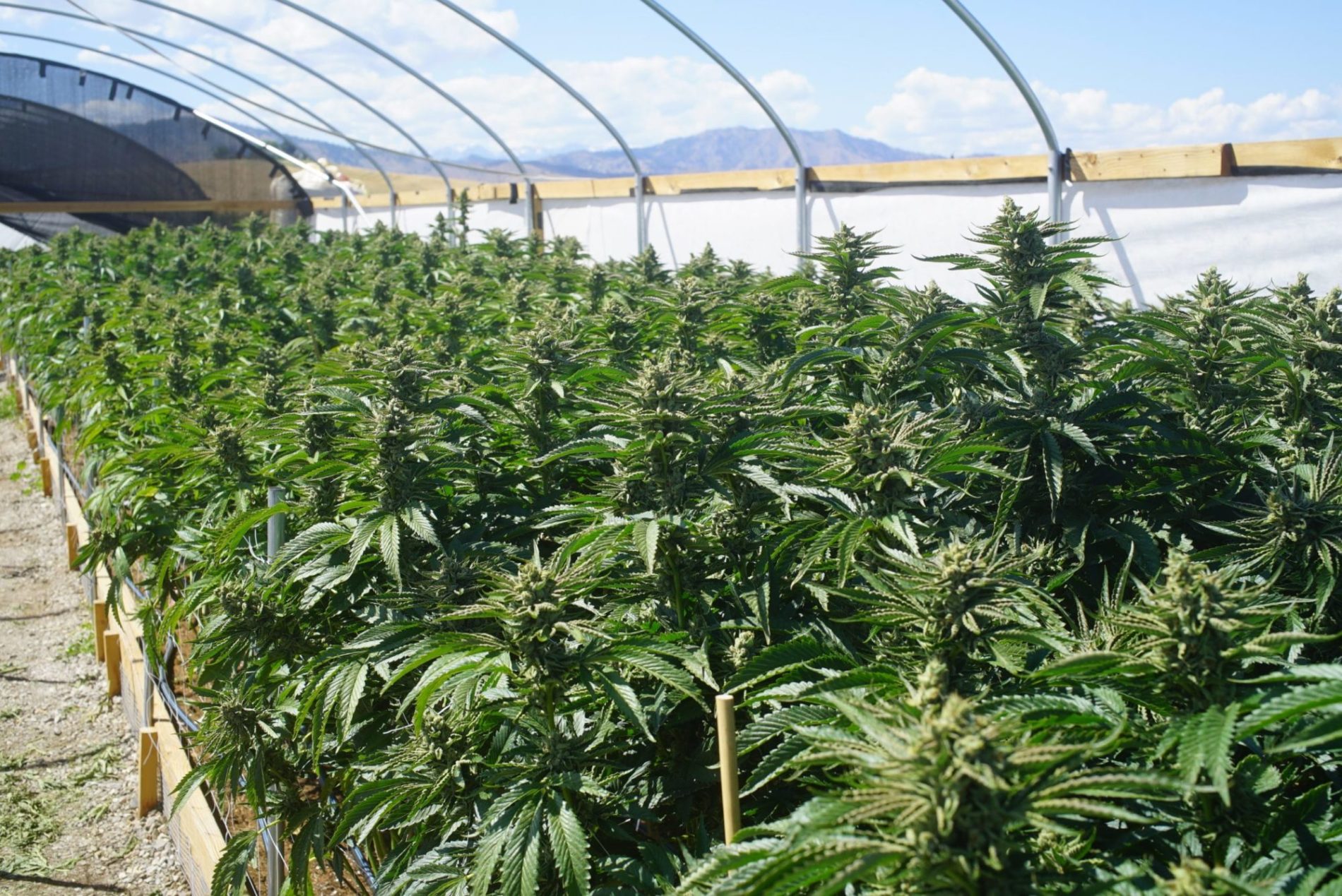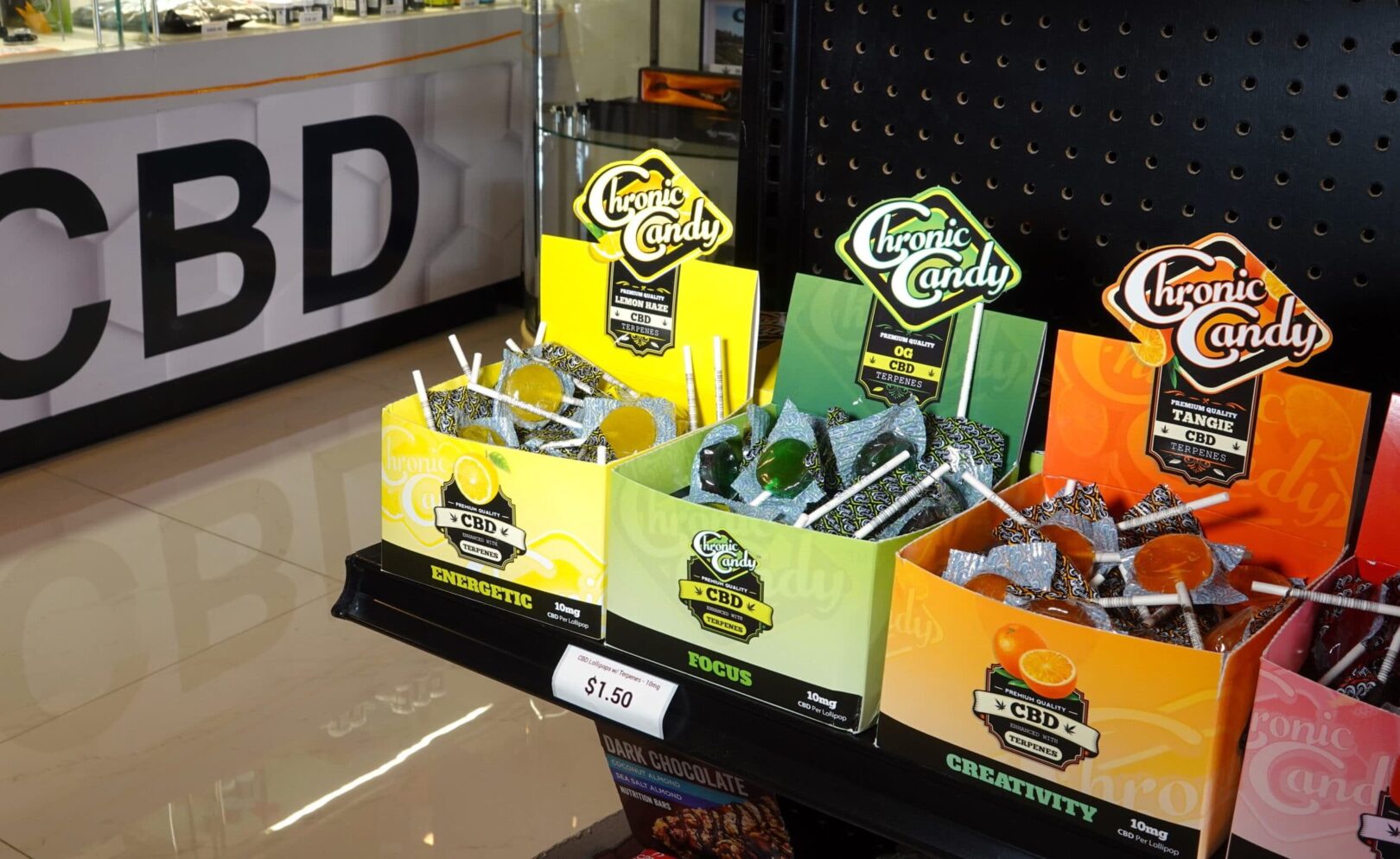-
- Market Research
- |
- CBD Near Me
- |
- Giveaways
- |
- Newsletter
- |
- Contact
- |
- Advertise
- |

This week’s update on the state of hemp legislation from the U.S. Hemp Roundtable brings a smaller smattering of mostly positive developments, including victories in Tennessee and Virginia and an urgent effort to stamp out deceptive sales practices in Colorado.
Tennessee
Tennessee Governor Bill Lee recently signed SB0694, a hemp bill strongly advocated by the Roundtable, which allows for the use and transportation of hemp containing up to 5% THC within the state, so long as the end product made with said hemp contains 0.3% or less THC.
This increased flexibility will allow hemp producers and processors throughout the state to operate without falling victim to this now closed loophole that hemp producers in several other states still contend with, while not sacrificing consumer safety or labeling accuracy.
Virginia
In Virginia, Governor Youngkin’s request to add an age restriction clause (21 years or older) prohibiting the consumption of hemp extracts containing any THC at all to SB 591—an otherwise pro-hemp bill that would have excluded industrial hemp from the definition of marijuana—did not come to fruition because the bill was referred to committee too late in the session.
As the Roundtable put it, they will be “on the lookout for such harmful language next session in Virginia and across the states.”
Colorado
Finally, a more complex situation is brewing in Colorado as legislators scramble to solve an increasingly prevalent problem: the disguising of intoxicating products being labeled and sold as “hemp” products.
The bill drafted in the initial response from lawmakers, SB22-205, was opposed by the Roundtable and most Colorado stakeholders for its more restrictive provisions, but the Roundtable has offered some amendments as potential compromises.
These would include barring the sale of delta-8 THC, delta-10 THC, and other “isomers produced through chemical synthesis and conversion,” making an exception for in-process materials and byproducts.
The second major provision suggested by the Roundtable would authorize and encourage the Colorado legislature to dive deeper into the research to create a well-founded and more permanent set of guidelines on these compounds after stanching the bleeding with SB22-205.
As always, we will continue to update you with the latest developments in hemp industry legislation as we receive them.







